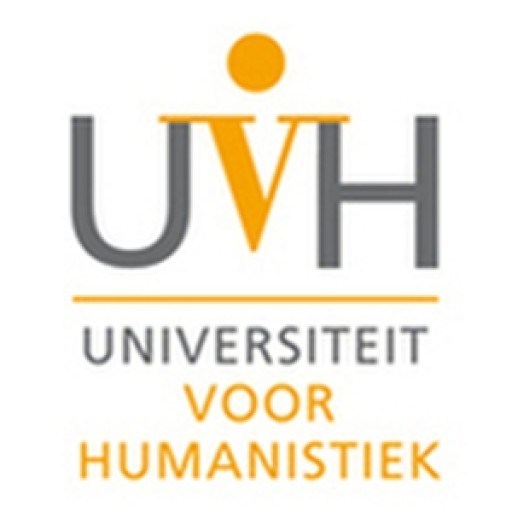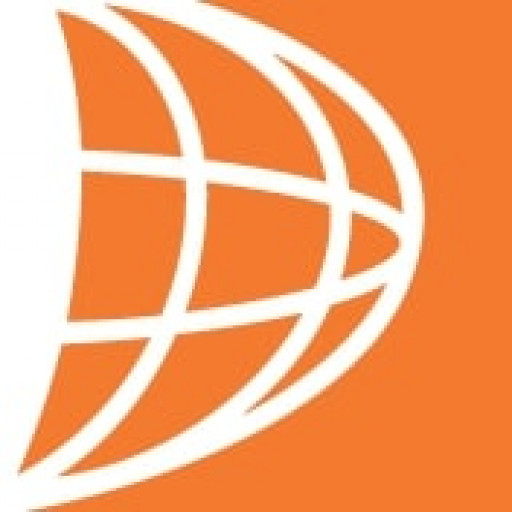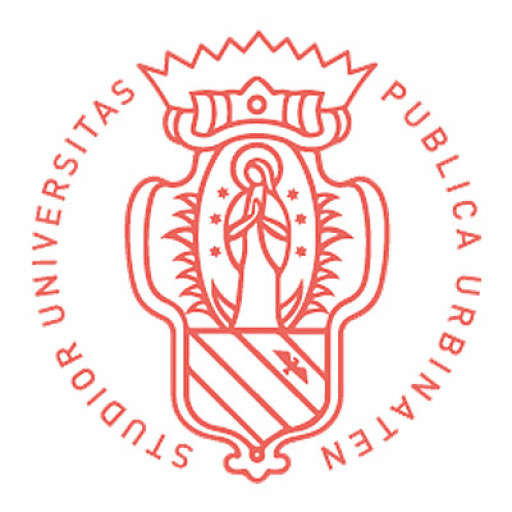Photos of university / #universityofgroningen
Digital Humanities at the University of Groningen offers an innovative, interdisciplinary program designed to equip students with the analytical and technological skills necessary to explore and interpret digital data in the humanities. This Master's degree program combines domain knowledge in fields such as history, literature, cultural studies, and linguistics with advanced training in digital methods, computational techniques, and data analysis. The curriculum is structured to foster critical thinking about digital culture and technologies, enabling students to develop new perspectives on traditional humanistic questions through digital tools and resources.
Throughout the program, students engage with topics including digital text analysis, digital archiving, data visualization, coding, and multimedia applications. They learn to employ digital technologies to enhance research, preserve cultural heritage, and address social and cultural questions from innovative angles. The program emphasizes practical skills alongside theoretical understanding, with workshops, research projects, and collaborations with international cultural institutions and tech companies providing hands-on experience.
Students are encouraged to develop their own research projects, often collaborating with peers and faculty from various disciplines, thus gaining a broad perspective on the digital transformation of the humanities. The program prepares graduates for diverse career paths, including academia, cultural heritage organizations, digital media companies, and public sector institutions. Graduates will be equipped not only with core academic skills but also with a digital literacy that is increasingly demanded in today's interdisciplinary research and professional environments. By integrating traditional humanities scholarship with cutting-edge digital methods, the Master’s in Digital Humanities aims to prepare students to be innovative thinkers and pioneers in the rapidly evolving digital landscape of the humanities.
The Master's programme in Digital Humanities at the University of Groningen offers students an innovative and interdisciplinary approach to understanding and analyzing cultural and historical data through digital tools and methods. This programme is designed for individuals interested in the intersection of technology, history, linguistics, cultural studies, and information science, aiming to equip them with both theoretical insights and practical skills necessary for analyzing digital data within the humanities.
Throughout the programme, students will explore a broad range of topics including digital text analysis, data visualization, digital archiving, and computational methods for humanities research. They will learn to critically assess digital sources and utilize cutting-edge software and programming languages to interpret complex datasets. The curriculum emphasizes the development of skills in digital curation, digital publishing, and the creation of digital editions of historical texts, thereby preparing students for careers in academia, cultural institutions, libraries, museums, and the digital sector.
Students will have opportunities to participate in research projects, contributing to ongoing digital humanities initiatives at the university. The programme encourages innovative thinking and collaborative work, often involving interdisciplinary teams to solve complex problems using digital tools. Courses are designed to combine theoretical foundations with hands-on experience, ensuring graduates are capable of both academic research and practical application.
The programme is typically structured over one or two years, depending on student backgrounds, and includes a combination of lectures, seminars, workshops, and independent research. Students can also choose elective modules to tailor the programme to their specific interests within the digital humanities field. Supervision and mentorship from experienced researchers and faculty members support students in developing their thesis projects, which often involve creating digital editions, developing new software solutions, or conducting data-driven research.
Graduates of the Master's in Digital Humanities will be well-equipped to pursue careers in digital research, data analysis, digital content management, or further academic study. With the growing importance of digital methods in the humanities, this programme offers a forward-looking education designed to meet the evolving needs of the digital age in cultural and academic institutions worldwide.
Admission requirements
Minimum language requirements of TOEFL iBT 86 (with a minimum of 20 on all items), or IELTS 6.5 (with a minimum of 6 on all items). ERK level B2 (preferably C1).
Other requirements
- taaltoets cijfer Minimum language requirements of TOEFL iBT 86 (with a minimum of 20 on all items), or IELTS 6.5 (with a minimum of 6 on all items). ERK level B2 (preferably C1).
- vooropleiding (ISPAC: vereiste vooropleiding) Bachelor degree in the humanities
- vooropleiding (ISPAC: vereiste vooropleiding) Bachelor degree in the humanities
The financing options for the Digital Humanities master's program at the University of Groningen include a variety of funding opportunities designed to support both domestic and international students. International students are encouraged to explore scholarships such as the Holland Scholarship, which offers financial support to talented students from outside the European Economic Area. Additionally, the university participates in the Orange Tulip Scholarship Programme, which aims to attract talented students from certain countries, providing full or partial tuition fee discounts. Dutch students and those from the EU/EEA countries may be eligible for government-funded student loans and grants, such as those provided by the Dutch government through DUO. Furthermore, the university offers several institutional scholarships and bursaries specifically for master's students, based on academic merit or financial need. Students are also encouraged to seek external funding sources, including private scholarships, research grants, or sponsorship opportunities in their home countries. Part-time work opportunities are available on campus or nearby, which can help students finance their studies while gaining relevant experience. The university’s financial aid office provides guidance and assistance in applying for various funding programs and managing student finances throughout the course of their studies. It is advisable for prospective students to consult the official University of Groningen website and contact the admissions or financial aid office directly for the most current and detailed information on available financing options for the Digital Humanities program. All funding avenues require timely application and adherence to specific eligibility criteria.
Digital Humanities at the University of Groningen is an interdisciplinary program that combines the fields of humanities, digital technology, and data analysis to explore human culture through computational methods. The program aims to equip students with skills in digital research techniques, data analysis, textual and visual analytics, and digital project development, enabling them to contribute to innovative research in areas such as history, linguistics, archaeology, and cultural studies. The curriculum typically includes courses in digital methods, programming, data management, and specific humanities disciplines, fostering both technical proficiency and domain expertise. Students may have opportunities for practical application through projects, internships, and collaboration with research institutes. The program prepares graduates for careers in academia, cultural heritage, digital publishing, data analysis, and technology-driven research environments. Admission requirements generally include a relevant undergraduate degree and proficiency in English. The university emphasizes research-led education, encouraging students to participate in ongoing research projects. The program's structure is designed to be flexible, often incorporating elective courses and opportunities for specialization. Facilities include state-of-the-art laboratories, digital archives, and collaboration spaces. Graduates of the Digital Humanities program are well-equipped to work at the intersection of technology and the humanities, contributing to digital scholarship and innovation in cultural analysis. The University of Groningen's reputation for research excellence and its strong ties to cultural and educational institutions enhance the learning experience, fostering an environment of critical inquiry and technical innovation.







